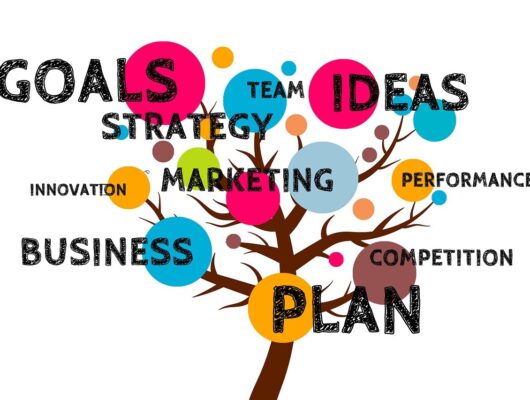The Power of First Impressions: Why Website Design Matters
In the ever-evolving world of marketing, one thing remains constant: your website is the cornerstone of your online presence. It serves as your digital storefront, a platform to showcase your brand, connect with customers, and ultimately drive sales. But simply having a website isn’t enough. To truly thrive in the competitive online landscape, you need a website that is well-designed, user-friendly, and optimized for conversions.
According to a study by WebFX, 75% of users judge a company’s credibility based on its website design. A poorly designed website with outdated visuals, clunky navigation, or slow loading times can create a negative impression and drive visitors away before they even explore your offerings. This highlights the importance of prioritizing website design as a crucial aspect of your marketing strategy.
User Experience: The Key to Engaging Your Audience
A user-friendly website is not just aesthetically pleasing; it’s easy to navigate, intuitive to use, and provides a seamless experience for visitors. This means clear and concise information architecture, intuitive navigation menus, and responsive design that adapts to different devices. Studies by UX Booth show that a positive user experience can increase website conversion rates by up to 200%.
Focusing on user experience ensures visitors can easily find the information they need, engage with your content, and complete desired actions without encountering any frustration. This not only improves brand perception but also translates to tangible business benefits.
The SEO Advantage: How Website Design Impacts Search Visibility
In today’s digital world, getting found online is crucial. A well-designed website incorporates SEO best practices, such as relevant keyword optimization, clean code structure, and mobile-friendliness, to improve its ranking in search engine results pages (SERPs). This increases your website’s visibility and drives organic traffic, attracting potential customers who are actively searching for your products or services.
By implementing SEO best practices within your website design, you can significantly improve your chances of reaching a wider audience and attracting qualified leads through organic search traffic.
Building Brand Identity: Your Website as a Powerful Branding Tool
Your website is a powerful tool for communicating your brand identity and establishing trust with your audience. A well-designed website incorporates your brand elements, messaging, and visuals consistently, creating a cohesive and professional experience that resonates with your target audience.
From the visual design to the tone of voice used in your content, every element of your website contributes to shaping your brand image. A well-designed website ensures a consistent brand experience across all touchpoints, strengthening brand recognition and fostering trust with your audience.
Driving Conversions: Turning Website Visitors into Customers
Ultimately, the goal of your website is to convert visitors into leads or customers. A well-designed website incorporates clear calls to action, strategically placed contact forms, and persuasive content that encourages visitors to take the desired action, whether it’s subscribing to your newsletter, making a purchase, or contacting you for more information.
By focusing on conversion optimization within your website design, you can effectively guide visitors through the sales funnel and increase the likelihood of them taking the desired action, ultimately driving business growth.
Investing in Professional Website Design: A Smart Choice for Long-Term Success
While creating a website yourself might seem like a cost-effective option, the long-term benefits of professional website design far outweigh the initial investment. A professional web designer can help you:
- Develop a website that aligns with your brand identity and marketing goals.
- Implement user-centered design principles to ensure a seamless user experience.
- Optimize your website for search engines to improve organic traffic.
- Integrate conversion-focused elements to drive results.
Remember, your website is a valuable asset, not just a marketing expense. By investing in a properly designed website, you’re laying the foundation for sustainable growth and success in today’s digital marketing landscape.
Additional Resources:
- WebFX: 7 Reasons Why Your Website Design Matters (https://www.webfx.com/about/)
- UX Booth: The ROI of User Experience (https://uxbooth.com/articles/)





